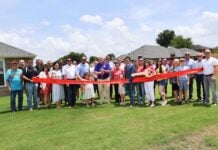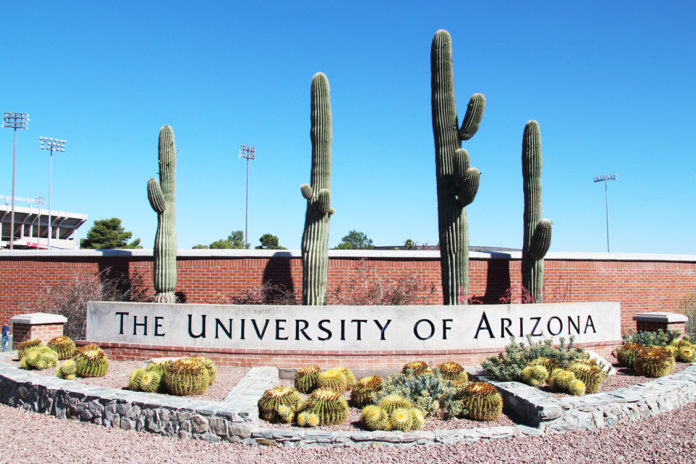TUCSON, AZ – The University of Arizona has received a five-year, $500,000 matching grant from the U.S. Economic Development Administration to establish a new center to support economic growth in tribal communities in Arizona.
Native FORGE (Finding Opportunities and Resources to Grow Entrepreneurs) will provide and facilitate entrepreneurship development and support services to underserved communities in Tucson and the 22 federally recognized Native American nations in Arizona.
“The University of Arizona is committed to making more resources available to the tribes, and Native FORGE is an important program to encourage tribal entrepreneurship and build local tribal economies,” said Levi Esquerra, UArizona Senior Vice President of Native American Advancement and Tribal Engagement.
Native FORGE will provide training to Native American entrepreneurs who are nominated by their tribal nations and it will leverage many of the tools already available through the university’s existing Arizona FORGE. As part of the university’s Office for Research, Innovation and Impact, Arizona FORGE provides education and startup acceleration for student and community ventures.
The grant to establish Native FORGE comes from the Economic Development Administration’s University Center program, which allows institutions of higher education to establish and operate University Centers by leveraging university assets to build regional economic ecosystems that support innovation and high-growth entrepreneurship, resiliency and inclusiveness.
“Native FORGE leverages this grant funding to build upon our success working with student and community entrepreneurs and expand this to Arizona’s tribes and Native American entrepreneurs,” said Brian Ellerman, Founding Director of Arizona FORGE. “The program will work with tribal nations and American Indian-owned businesses to develop economic-based initiatives aimed at progressive growth while adhering to traditional cultures.”
In coordination with the university’s Native Peoples Technical Assistance Office, Native FORGE will also provide technical assistance and training in survey construction, survey administration, data security and data analysis, and develop a resources web portal that includes public data for tribal use.
“The Native FORGE model recognizes tribal sovereignty as fundamental in our approach to technical assistance,” said Claudia Nelson, Director of the Native Peoples Technical Assistance Office. “Therefore, our model provides the tools and training for tribal nations to develop their own systems of data collection, data sharing and management, based on the unique needs of each tribal nation with whom we collaborate.”
















































